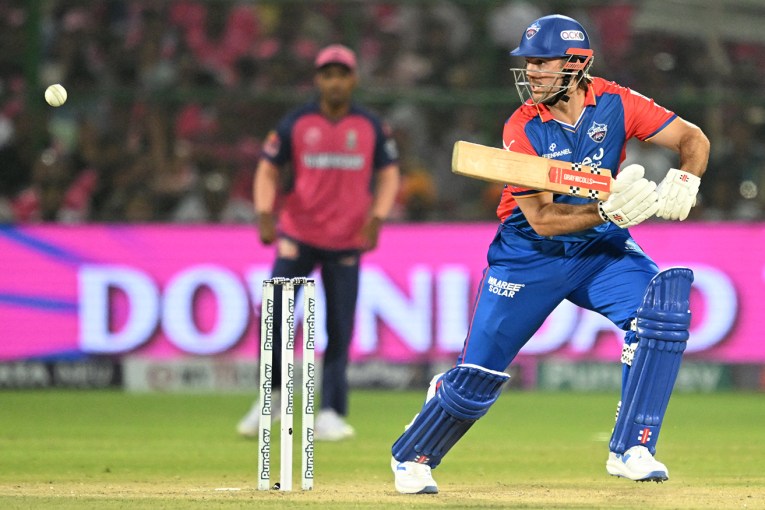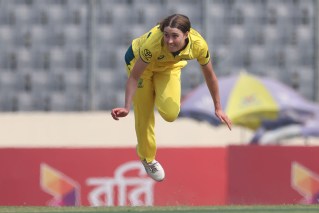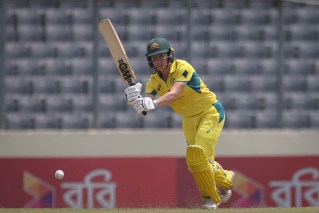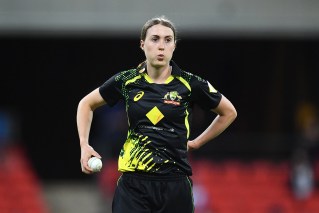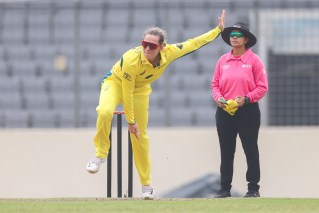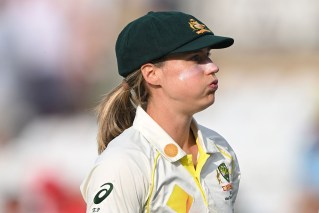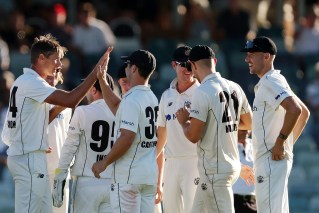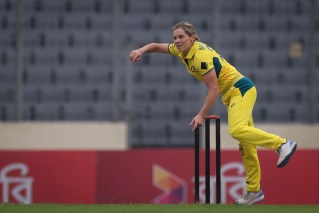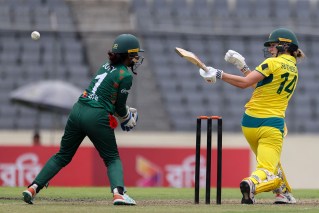New $1.2 billion cricket deal puts Foxtel on a sticky wicket in the quest for subscribers

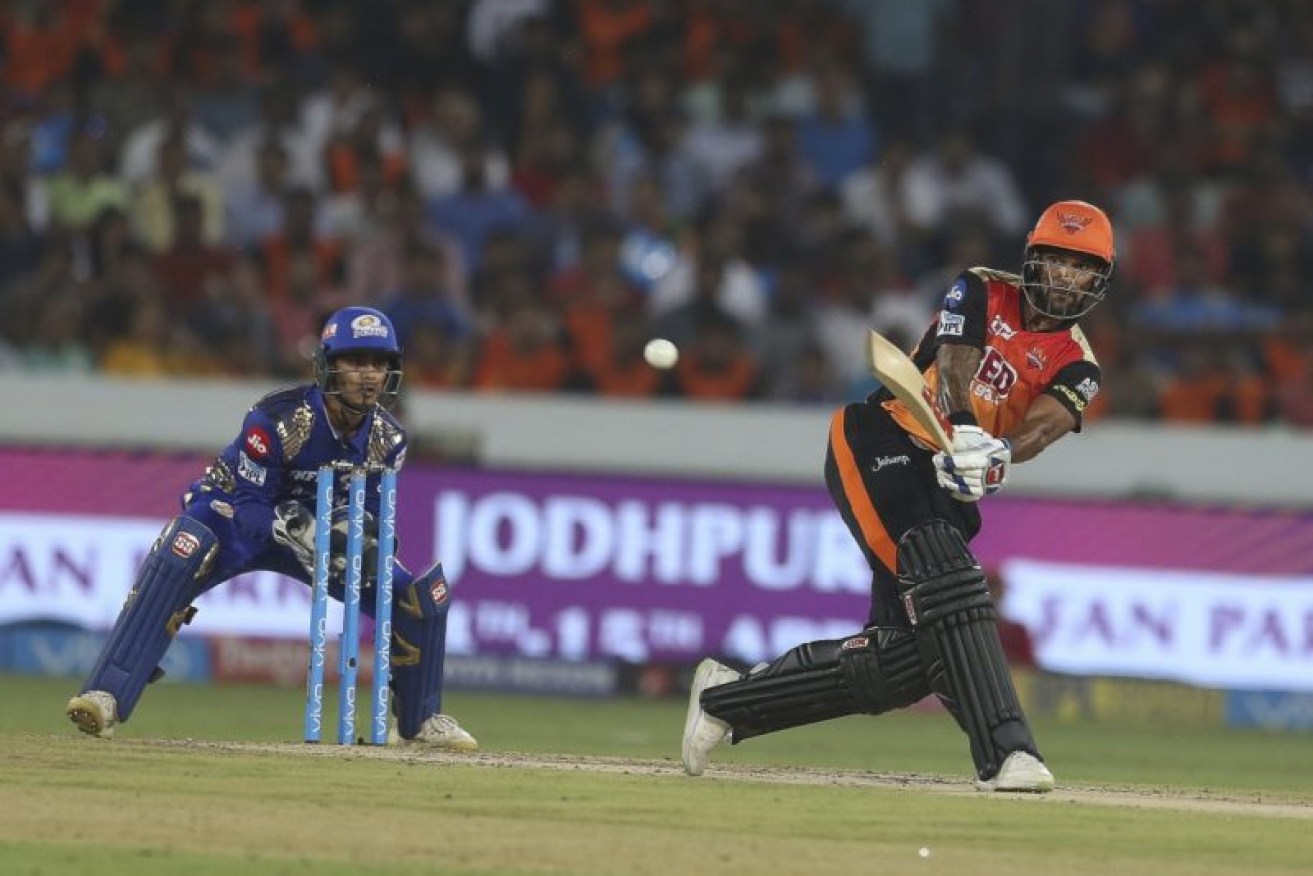
Foxtel is hoping to hit a few boundaries with its cricket deal. Photo:AAP
Foxtel’s big punt on the future of digital broadcasting underpins the successful $1.2 billion raid on cricket TV rights it has made with the Seven network.
The deal also represents the passing of the age of overarching power of the free-to-air broadcasting networks. In backing Seven, Foxtel is relying on the future revenues it is hoping to win from digital broadcasting to make it work.
The figures look like this. The winners will shell out $1.2 billion for cricket rights over six years, or $200 million a year. That covers all forms of the game; Test cricket, one-day internationals and the increasingly popular Twenty/20 version, for both men and women.
The old deal, done by Nine in 2013, cost it $500 million over five years. Add in the $100 million Ten paid for the Big Bash League over five years and you get $120 million a year.
And that previous deal was looking like a squeeze, with investment bank UBS recently saying it was losing Nine between $30 million and $40 million a year and advising the network to walk away from cricket.
Nine CEO Hugh Marks has done just that, and independent media analyst Peter Cox says he’s done so for “cold, hard financial reasons”.
“I’ve argued for a long time that that sport deals have been overpriced on both free-to-air and pay TV.”
So given that, why have Seven and Foxtel trumped in with a bid 66 per cent above Nine’s old deal?
“Foxtel are desperate,” Mr Cox said.
“From October to March after the football season, they have don’t have a major sport. This will give them one.”
But it comes at a hefty cost. Seven will pay $75 million a year while Foxtel will have to stump up about $110 million, with the balance made up in various in-kind arrangements.
So Seven will actually be shelling out at least $25 million less per year than Nine does now, while Foxtel takes the big risk.
Seven makes its money out of advertising, but for Foxtel it’s about getting more people to fork out for subscriptions.
That is by no means assured.
“It doesn’t matter if they get a bigger audience for particular events. It only helps if they get more subscribers, and that hasn’t happened with AFL,” Mr Cox said.
Foxtel chief Patrick Delaney said that this criticism, and also the observation that broadcasting on pay TV will reduce the size of the cricket audience, are not true.
“If you make an assumption that Fox will be the only broadcaster of these rights, that may be so. And our strategy is to actually use streaming to get to a broader audience.”
However, that audience is limited by the nature of streaming.
“Streaming is only going to take up a small percentage of the output as people don’t want to watch a whole game on their phone. They might get the score or catch up on the highlights,” Mr Cox said.
CEO of media buyers Nunn Media, Chris Walton, said the cricket rights would give Foxtel more options. By adding a dedicated cricket channel, which is part of the plan, they could build audiences.
They would look to add new services.
“If you’re a Perth Scorchers (BBL) fan they could give you a deal for, say, $19.95, to get all the games,” he said.
Media strategist Steve Allen, of Fusion Strategies, said the A League’s move to sell broadcast rights through Foxtel had not worked.
“They haven’t been able to grow the audience or attendances at games,” Mr Allen said.
